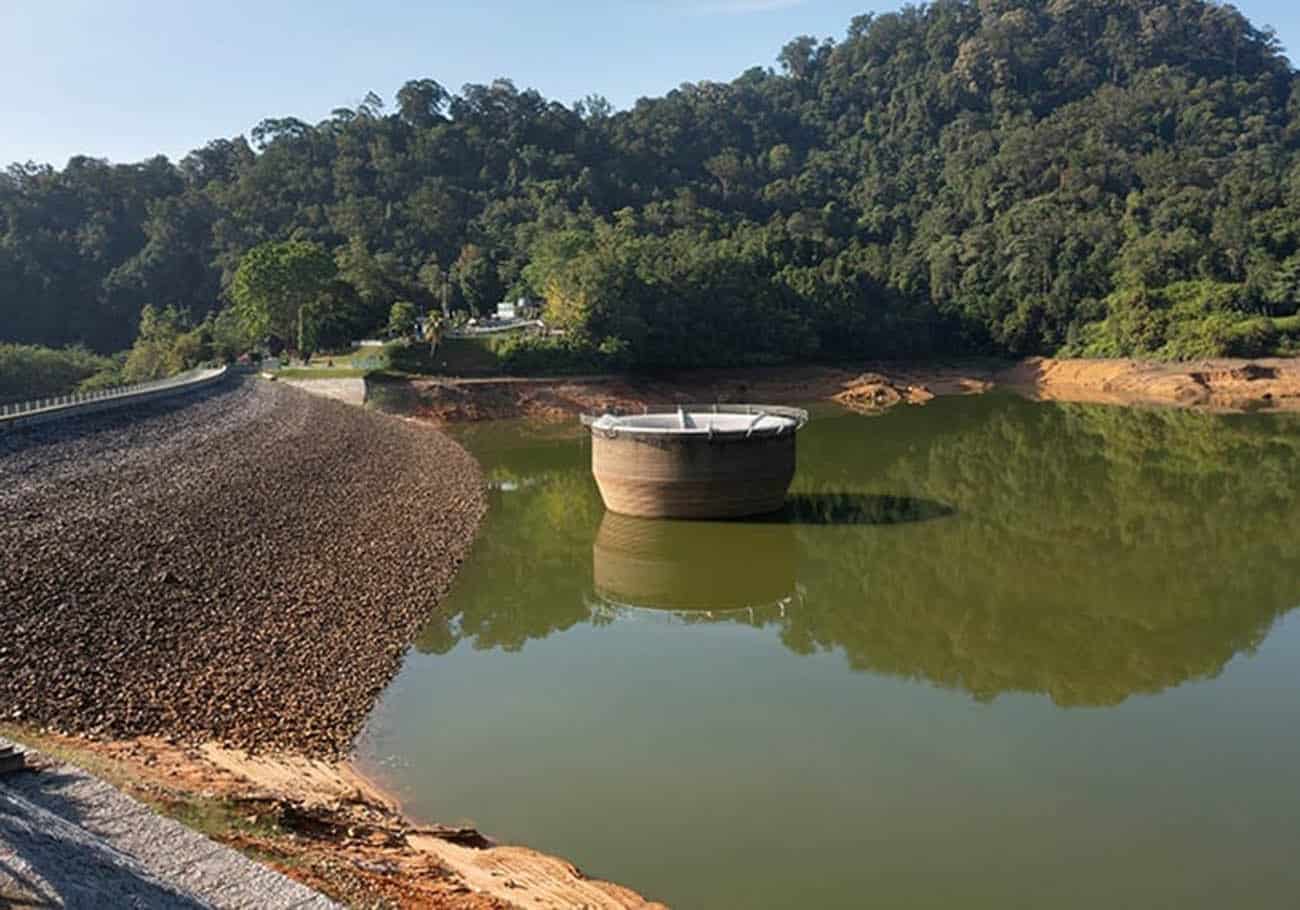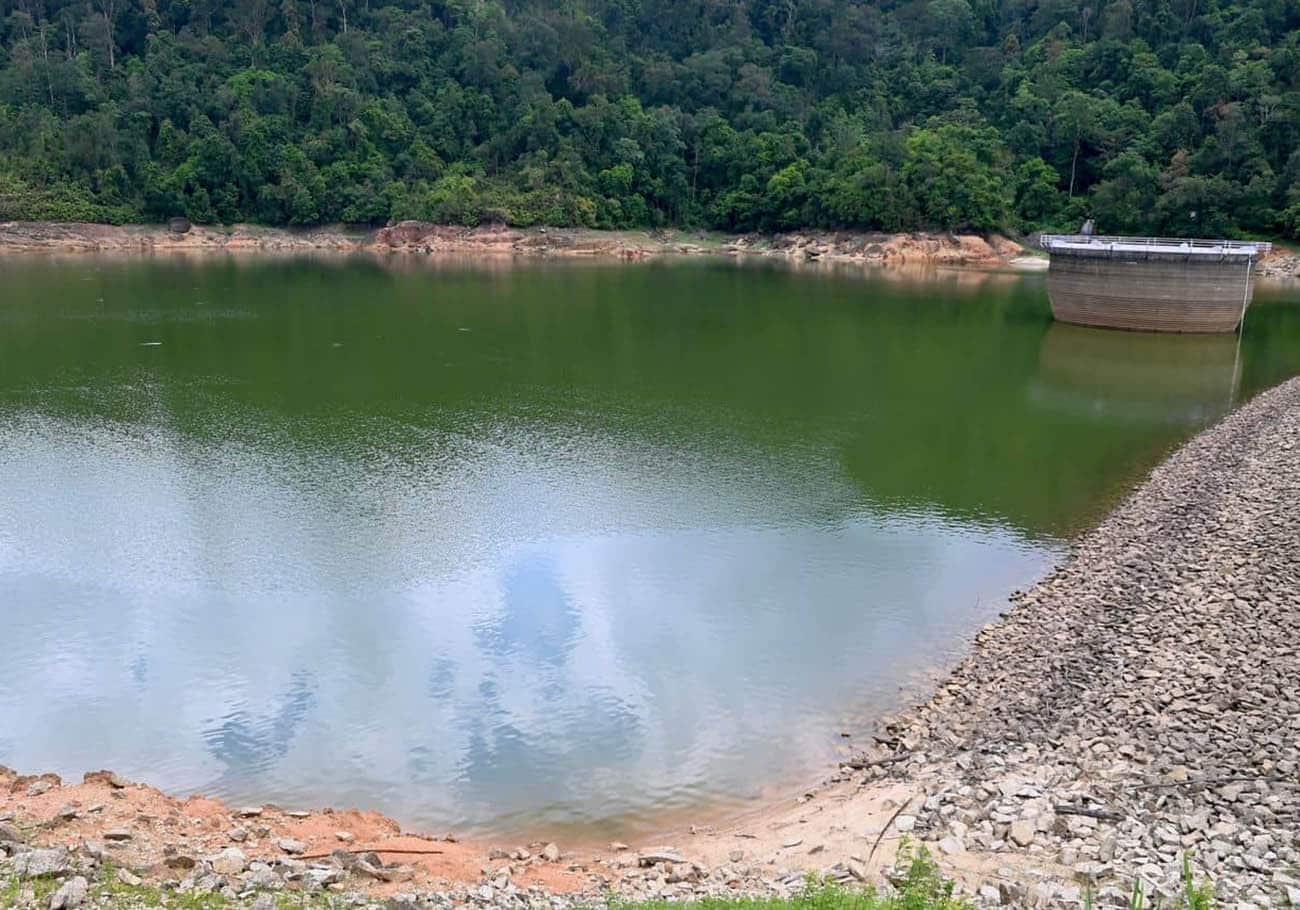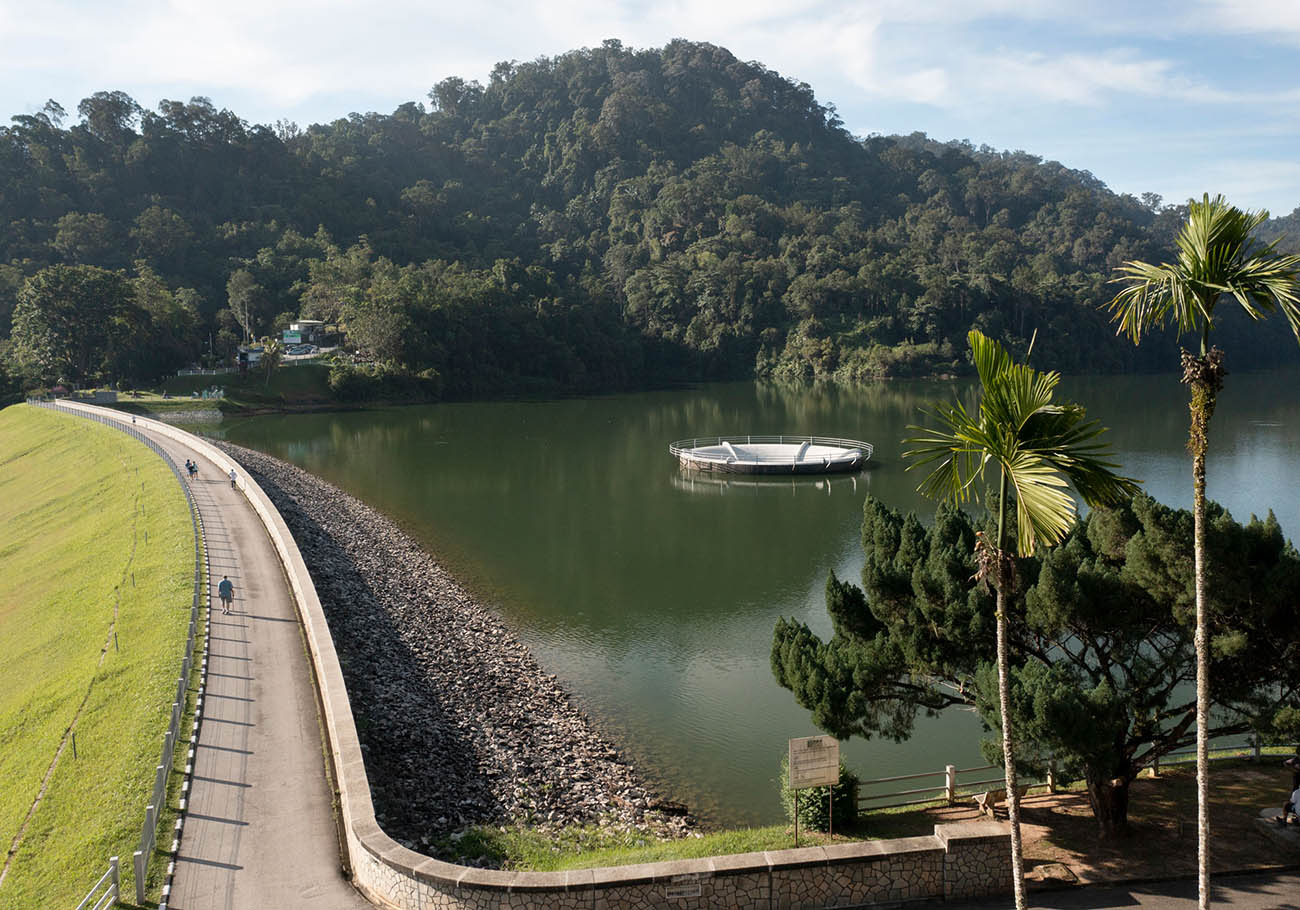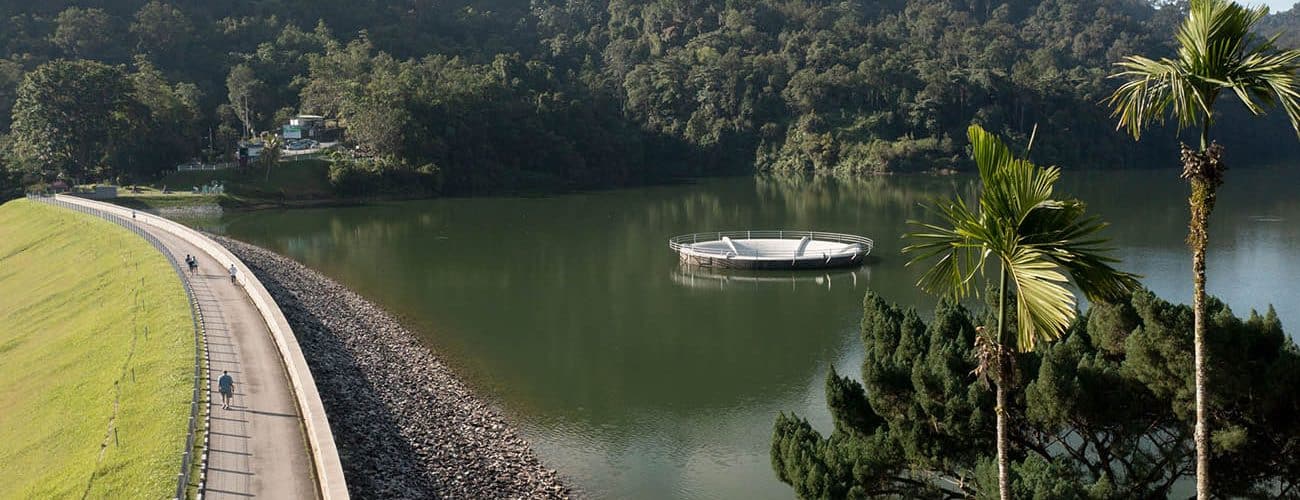
The recent cloud seeding operations in Penang have yielded positive results, with an increase in the water level at Air Itam Dam.
State Infrastructure and Transport Committee chairman Zairil Khir Johari announced the successful outcome of the second wave of cloud seeding, which contributed to the rise in water levels.
Additionally, plans for future cloud seeding operations will depend on the prevailing weather conditions.
Following the cloud seeding operation conducted yesterday, the water level at Air Itam Dam has shown an increase.

Zairil stated that the water level at Air Itam Dam currently stands at 48.6 per cent, up from 47 per cent last week.
The cloud seeding operation was deemed successful as it brought much-needed rain and contributed to the one per cent increase in water levels at Air Itam Dam.
Meanwhile, the water level at Teluk Bahang Dam remained at 44.2 per cent, the same as last week. The state government is closely monitoring the weather conditions to determine the necessity of further cloud seeding operations.
Zairil also highlighted that if the rainy season has already begun, additional cloud seeding may not be required. This approach ensures that cloud seeding efforts are optimized and carried out based on the actual needs of the dams and the prevailing weather conditions.

The successful cloud seeding operation in Penang has provided a much-needed boost to the water level at Air Itam Dam and the state government will continue monitoring the weather conditions and assess the need for future cloud seeding operations accordingly.
Earlier, the Penang State Government instructed the Penang Water Supply Corporation (PBAPP) to revise its strategy to ensure the longevity of the raw water reserves at Air Itam Dam for up to 120 days.
With the current depletion of water reserves, Chief Minister Chow Kon Yeow emphasized the importance of preserving the remaining resources until the anticipated rainy season in September.
To support the efforts in water conservation, the Penang State Government urges residents and businesses to actively participate in water-saving practices.
Adopting responsible water usage habits, such as reducing wastage and practising efficient irrigation methods, can contribute significantly to the conservation of water resources.











